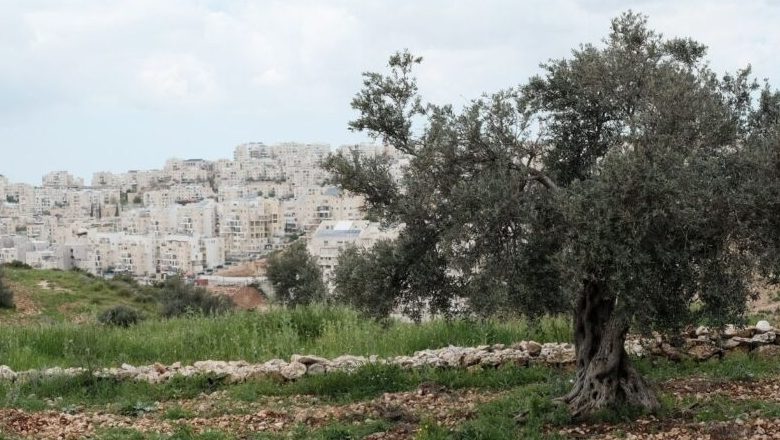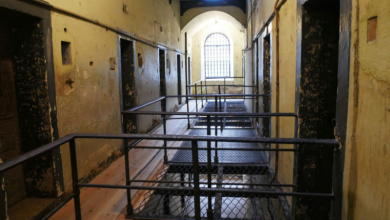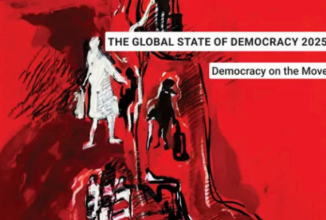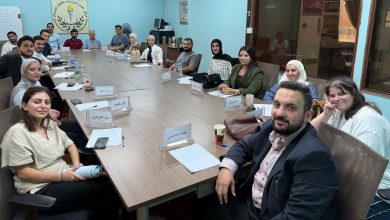Struggles of Palestinian Bedouins in the West Bank Against Zionist Colonial Policies
Written by Marine

As part of the “Palestinian Agricultural Development between Colonialism, Globalization and Liberation” seminar series, a lecture was held on April 15th titled “Struggles of Palestinian Bedouins in the West Bank Against Zionist Colonial Policies”. Ahmad Heneiti, a doctoral student in anthropology at the University of Paris-8, presented his thesis work.
He began his work in 2014 through readings, discussions and visit to local areas in the West Bank, which allowed him to grasp the hardships faced by Palestinian Bedouins.
Bedouins are traditionally defined as nomadic people – referred to as such in various parts of Africa – who live in desert regions and rely on livestock such as camels, goats and cows. Their livelihoods depend on access to vast areas of land for pasture. They aim for minimal reliance on the Zionist colonial system, producing their own livestock and food primarily for local consumption rather than export. However, Israeli settlement projects threaten their way of living. The areas where Bedouins live are specifically targeted by the Israeli occupation’s expansion. Heneiti explained that current annexation plans aim to erase Bedouin culture in Palestine. He also described the daily harassment faced by shepherds, including restricted access to pastures, as well as confiscation or killing of livestock.
Thus, Bedouin life itself becomes a form of resistance, as they persist despite these challenges, without meaningful protection or support from civil society organizations.
Due to Israeli expansion, many have been forced to leave their tents and move into concrete homes. Nomadism is seen as incompatible with the Israeli occupation, which seeks to confine them to fixed areas. Yet, they still face constant demolitions, creating deep psychological impacts on families and children.
Bedouins are part of broader Palestinian resistance struggles. They engage in dialogue with Israeli authorities and seek compromises, but their entire way of life remains a form of resistance. Israel is also restricting access to agricultural land and water, pushing Bedouins to adopt vertical farming methods. Agriculture, being dependent on water, is effectively being controlled by limiting their water access.
This situation has persisted for over a decade. Israeli forces frequently attack Bedouins, confiscate, steal or kill livestock. Some have been forced to relocate in order to continue raising animals and remain on their land. Others are left with no choice but to migrate entirely.





